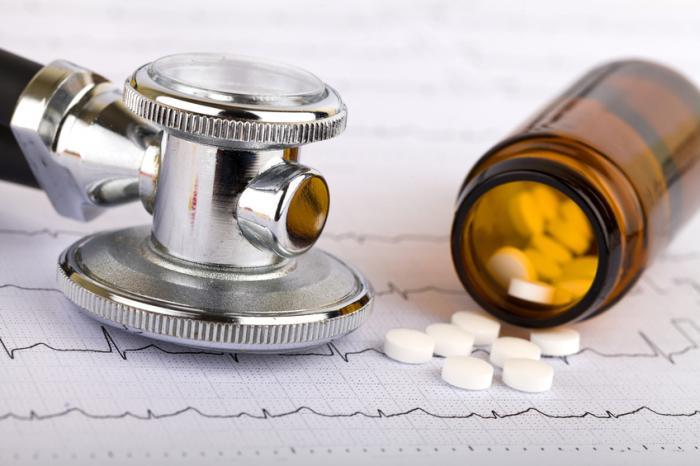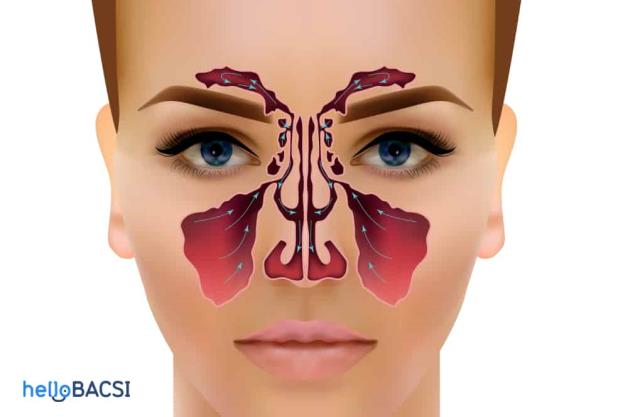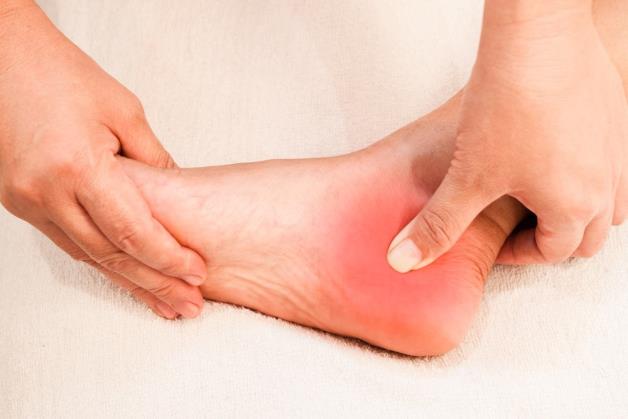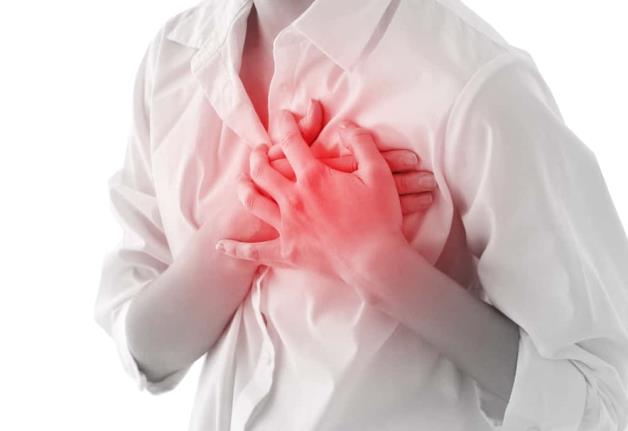High blood pressure after surgery is a complication that occurs quite often in people with cardiovascular disease or a history of hypertension.
All surgeries carry the potential for certain risks, even when everything is done properly. One of the most frequent risks is high blood pressure complications after surgery.
Patients may face high blood pressure after surgery for a number of reasons. Whether or not you develop further complications depends on the type of surgery you have, the type of anesthetic, and whether you have had high blood pressure before.
An overview of hypertension
Blood pressure is measured with a specific device. The result is a fraction, with the numerator being the systolic blood pressure (the first number or top number) which is the highest level of blood pressure in the blood vessels, which occurs when the heart contracts. The remaining number (the denominator) is the diastolic pressure, which represents the blood pressure when the heart muscle relaxes. A normal blood pressure reading will fall around 120/80 mmHg.
According to the American College of Cardiology (ACC) and the American Heart Association (AHA), blood pressure measurements are divided into three subgroups as follows:
- Ideal range: less than 120mmHg for systolic blood pressure and less than 80mmHg for diastolic blood pressure
- Prehypertension: the numerator is about 120-129mmHg (systolic) and the denominator is less than 80mmHg (diastolic)
- High blood pressure: systolic blood pressure of 130mmHg or higher or diastolic blood pressure greater than 80mmHg
High blood pressure after surgery
Cardiac surgery and surgery involving the aorta are often associated with increased risk of intraoperative hypertension, especially in those with a pre-existing history of high blood pressure. If you do not control your blood pressure well before entering the operating room, you will definitely face high blood pressure after surgery.
Poor blood pressure control is when your readings are above the ideal range and treatments aren't really working. The cause could be:
- You were not diagnosed before surgery.
- Current treatment for high blood pressure is not effective.
- You take your blood pressure medication irregularly or don't follow your doctor's orders.
Stop using the drug

If your body is used to medications that lower blood pressure, stopping them suddenly can cause your blood pressure to rise again immediately.
You need to tell your surgeon about this before having surgery. Be detailed about the classes of medications you take and any missed doses. Some blood pressure medications can be taken the morning of surgery, so you don't have to worry about missing a dose. You should confirm this with your surgeon or anesthesiologist.
Pain level
Pain can cause your blood pressure to rise higher than normal. However, rest assured that this problem does not last long. The blood pressure will return to the same level after the pain treatment.
anesthetic drugs
Anesthesia can have a negative impact on your blood pressure. Experts note that some people's respiratory systems are quite sensitive to breathing tubes. This can stimulate a faster heart rate and cause a temporary increase in blood pressure.
Recovery from anesthesia also has the potential to cause high blood pressure after surgery. Factors such as body temperature and the amount of intravenous fluids needed during anesthesia and surgery can increase blood pressure.
Oxygen level
When under anesthesia, your body is likely not getting the oxygen it needs. This leads to a decrease in the amount of oxygen in your blood, causing hypoxemia. As a result, blood pressure increases.
Analgesic
Certain prescription or over-the-counter (OTC) medications can raise your blood pressure. People with high blood pressure who take non-steroidal anti-inflammatory drugs (NSAIDs) may experience side effects, making the condition worse. If you already have high blood pressure, ask your doctor about options for pain control before you have surgery. They may recommend different treatments or prescribe alternative medications.
Here are some examples of common NSAIDs, both prescription and over-the-counter, that have the potential to cause high blood pressure:
- Ibuprofen (Advil, Motrin)
- Meloxicam (Mobic)
- Naproxen (Aleve, Naprosyn)
- Naproxen sodium (Anaprox)
- Piroxicam (Feldene)
summary
If you don't have a history of high blood pressure, any symptoms of high blood pressure after surgery are most likely temporary. It usually lasts about 48 hours. The doctors and nurses will monitor your health and use medication to lower your blood pressure back to the ideal range.











